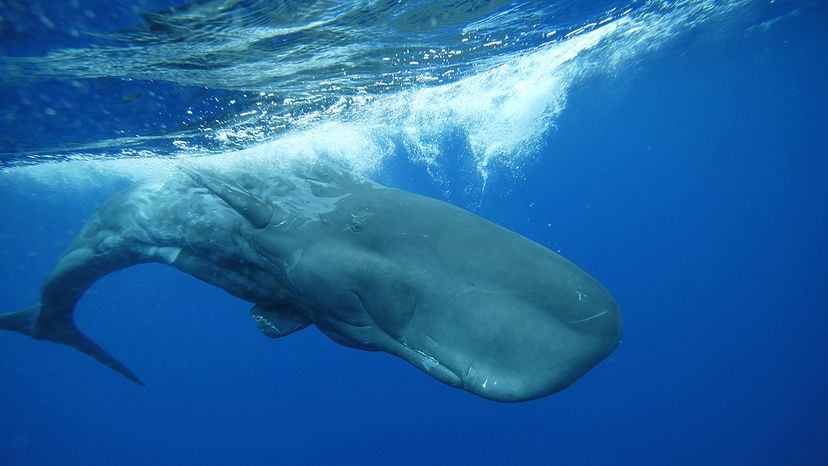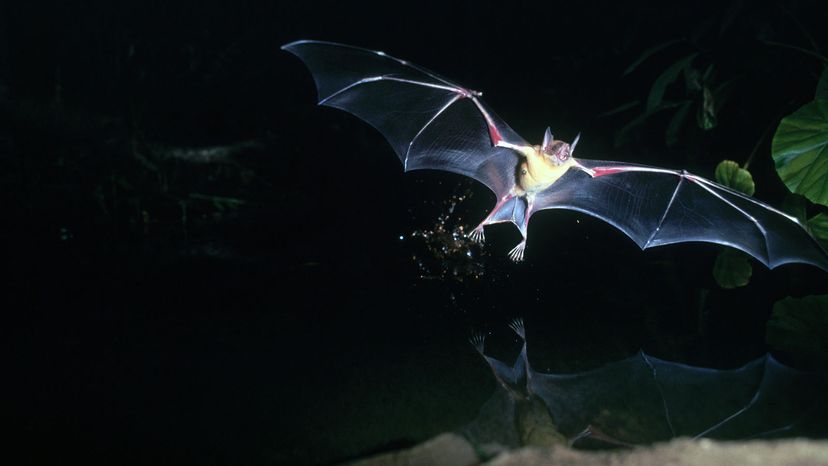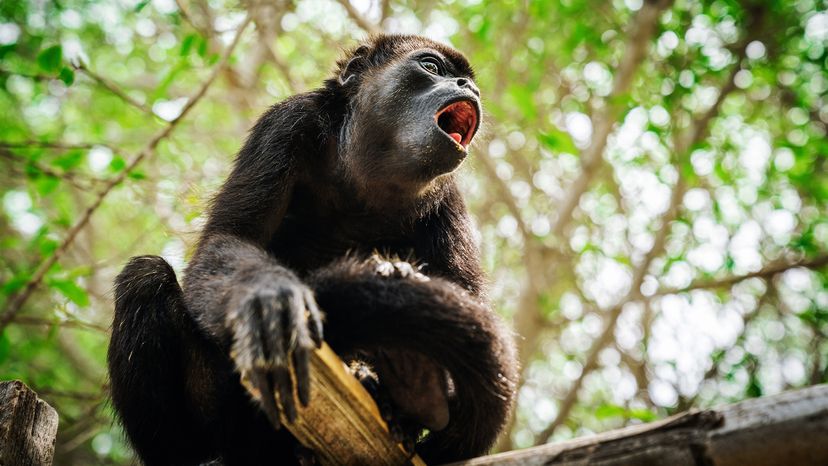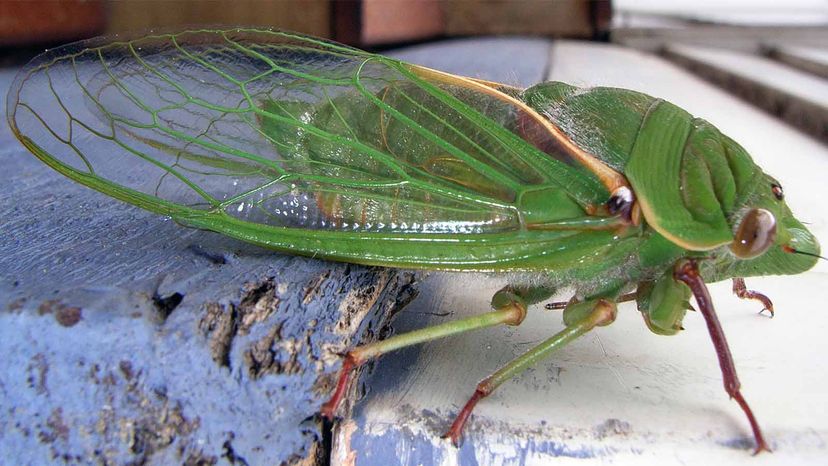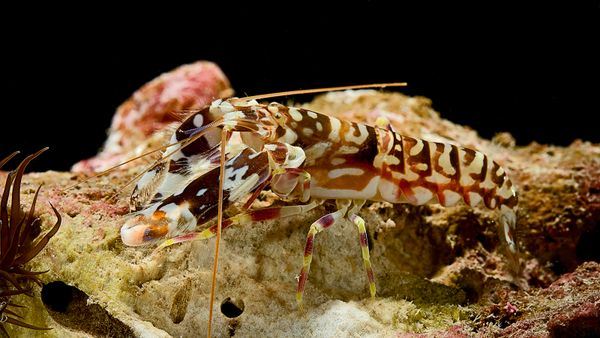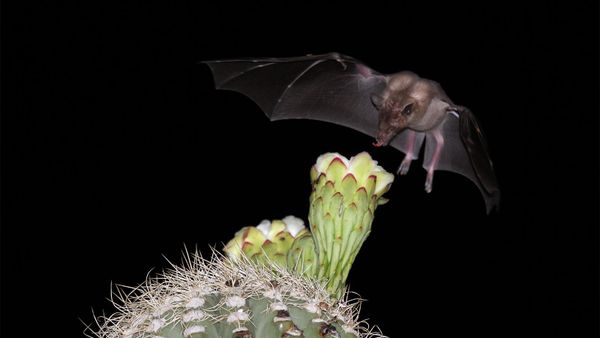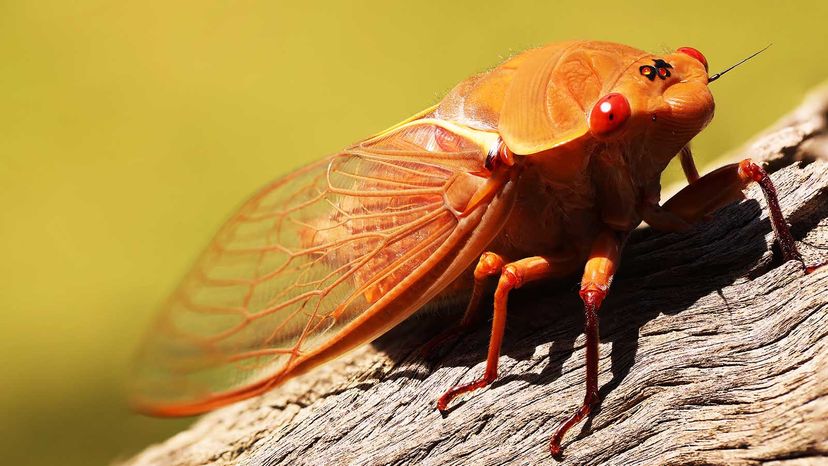
Key Takeaways
- The loudest animals on Earth include the cicada, which can produce sounds up to 120 decibels, and the blue whale, whose calls can reach 188 decibels.
- The tiger pistol shrimp creates a shockwave exceeding 200 decibels by snapping its claw, while the sperm whale's clicks can reach up to 230 decibels.
- Human hearing is protected from these extreme sounds because the sounds are either underwater or outside our range of hearing frequencies.
First thing in the morning, when the sun has barely peeked over the horizon and you want to snuggle under the covers, the loudest animals in the world (well, in your world) are probably your cat yowling and your dog begging for breakfast. We don't dispute that.
However, scientists have measured the sounds made by animals in the wild, and they, too, are very, very loud. Maybe even louder than your pets first thing in the morning, but probably not. However, we're just saying that there are animals that can create sounds so loud they could burst our human eardrums. Not even your cat can do that, though she may try.
Advertisement
Before we dive in, let's look at what qualifies as loud for humans' ears.
Advertisement
